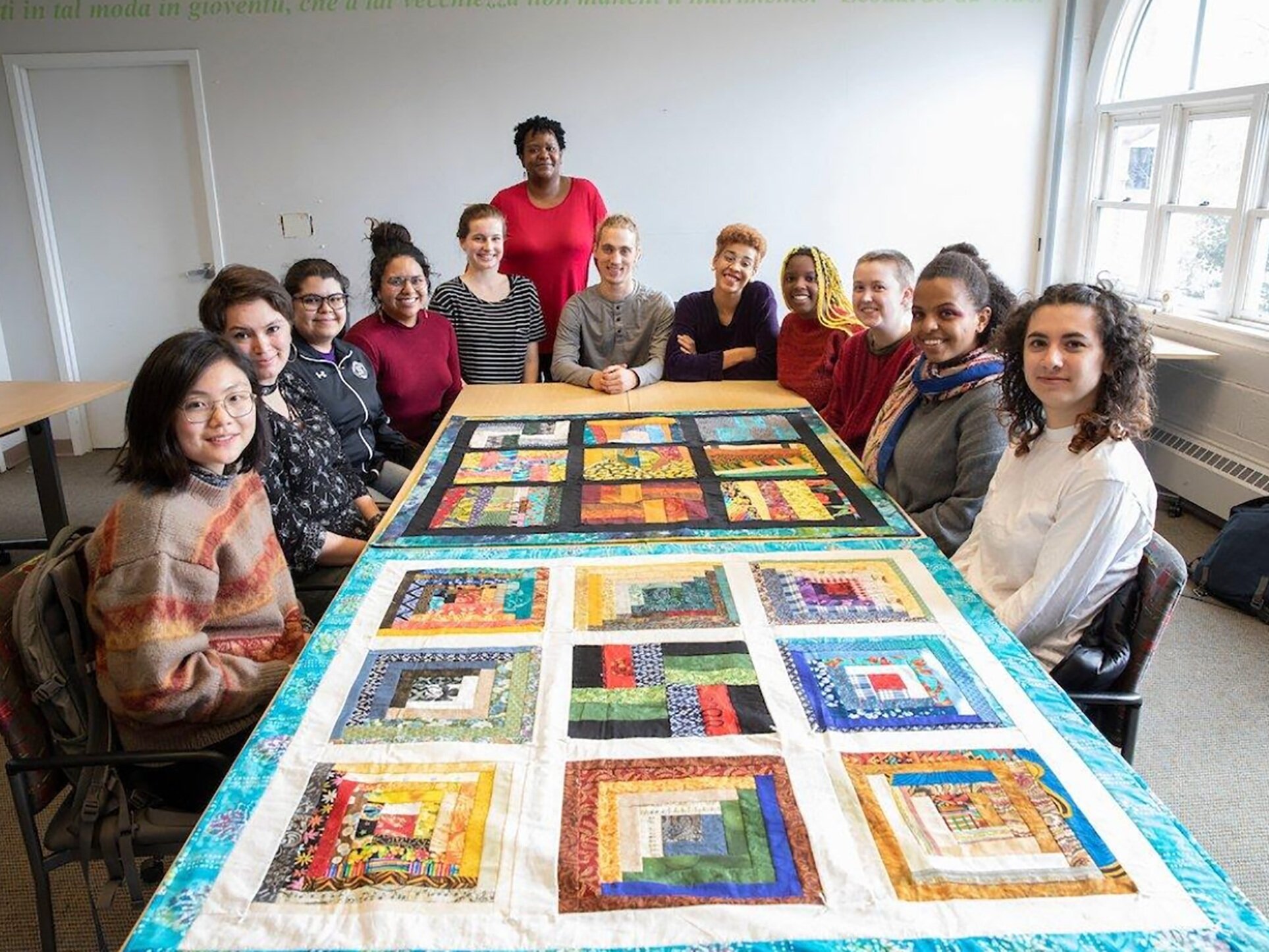Taxation and Representation
During the first years of the Great Depression, Swarthmore’s authorities struggled to come up with a tax rate that balanced the borough’s municipal needs with the economic difficulties faced by some of its residents. (The same issue presented itself in 2020, courtesy of the pandemic.) In 1932, before Borough Council ultimately declined to raise rates, The Swarthmorean chronicled its, and the town’s, debates. The March 11 article reprinted here alludes to the kidnapping of Charles and Anne Morrow Lindbergh’s toddler on the first of the month with the (tasteless) remark, “Swarthmore’s borough tax rate for 1932 remains as much of a mystery as the whereabouts of the Lindbergh baby.”
How and where to cut expenses proved bewildering. Some citizens, like Louis Cole Emmons (the man who developed what we now call Swarthmore Hills), were intent on seeing a reduction in the five-man police force. Emmons was paraphrased as stating that “council is not justified in making a raise in the tax rate as long as the police department is conducted as it is.” The force reduction passed after the borough took its first budget-reducing step: cutting the pay of the “three colored workmen who take care of the borough streets and sewers” 20%, from 50 to 40 cents an hour.
Other issues generated more controversy: should the borough hold back on plans to equip and maintain Swarthmore’s prized schools? What about maintaining local roads and paving streets in newly developed neighborhoods? Didn’t firefighting equipment need to be maintained? Weren’t more street lamps called for? Overburdened sewage systems also needed repairs. If nothing was done to improve garbage collection, perhaps (threatened The Swarthmorean), it was time for a “municipal pig pen.”
Retired history professor and former Swarthmore resident Laurie Bernstein has been busying herself during the pandemic by developing a database of back issues of The Swarthmorean, starting with Volume I, Number 1, from 1929. From time to time, we reprint an article she selects from our archives, along with her commentary.





